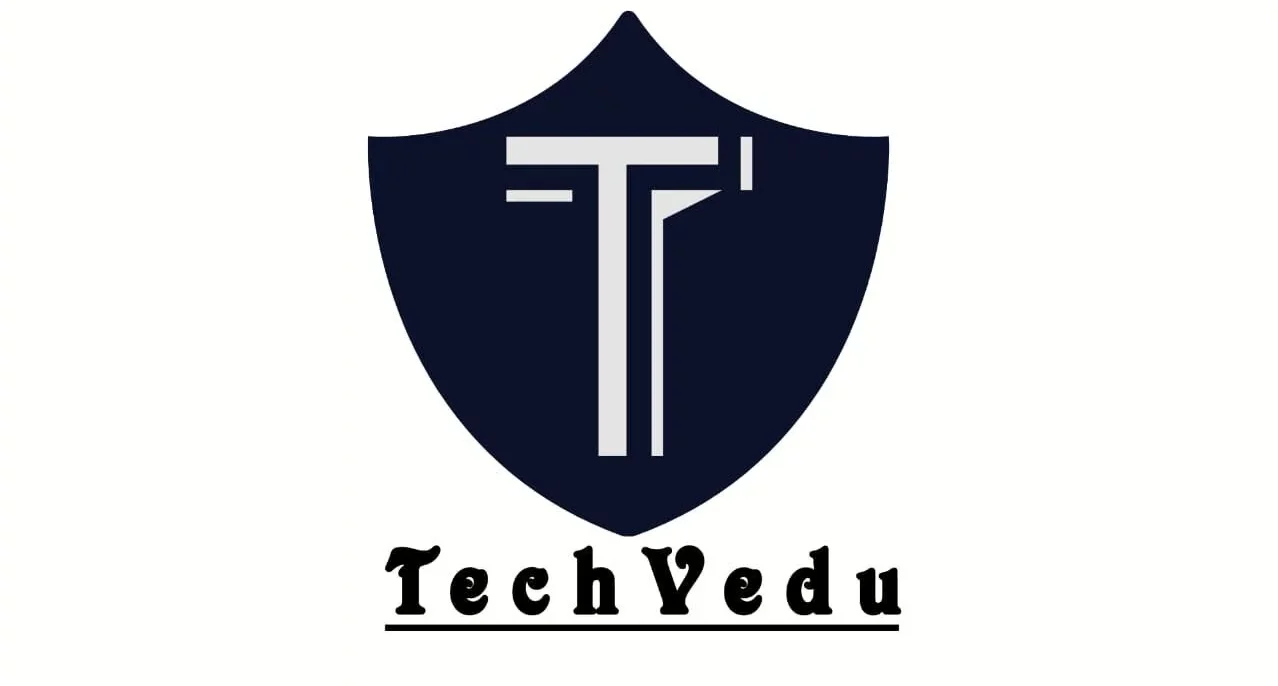Dual credit programs have gained widespread popularity as a valuable bridge between high school and college, allowing students to earn college credits while still in high school. As these programs become more prevalent, the need for ensuring the highest standards of education and faculty qualifications becomes paramount. The Higher Learning Commission (HLC), a recognized accrediting body, plays a crucial role in establishing and maintaining these standards. In this article, we will delve into the significance of faculty qualifications in dual credit programs and the guidelines provided by the Higher Learning Commission to ensure academic excellence.
Importance of Faculty Qualifications:
The success of dual credit programs heavily relies on the expertise and qualifications of the faculty delivering the courses. Students participating in these programs are essentially engaging in college-level coursework, and thus, the instructors must possess the necessary academic credentials and teaching skills. Faculty qualifications not only impact the quality of education but also contribute to the overall credibility and legitimacy of dual credit programs.
The Higher Learning Commission’s Role:
The Higher Learning Commission, as an accrediting agency, sets standards and guidelines to ensure the quality of higher education institutions. These standards extend to dual credit programs, emphasizing the importance of qualified faculty. According to the HLC’s guidelines, faculty teaching dual credit courses should meet the same standards as those teaching equivalent courses on the college campus. This includes having a minimum of a master’s degree in the discipline or a master’s degree with a minimum of 18 graduate credit hours in the specific subject area.
Ensuring Disciplinary Expertise:
In addition to academic qualifications, the HLC emphasizes the importance of faculty possessing disciplinary expertise. The accrediting body recognizes that effective teaching goes beyond possessing a degree; instructors must have a deep understanding of the subject matter they are teaching. This ensures that students are receiving instruction from individuals who can not only convey information but also inspire critical thinking and intellectual curiosity.
Ongoing Professional Development:
The HLC acknowledges the dynamic nature of education and encourages ongoing professional development for faculty. Dual credit instructors are encouraged to participate in workshops, seminars, and other activities that enhance their teaching skills and keep them abreast of the latest developments in their respective fields. This commitment to continuous improvement ensures that faculty members remain effective educators in the rapidly evolving landscape of higher education.
Addressing Dual Credit Challenges:
While the HLC provides essential guidelines, challenges in meeting these standards may arise. High schools may face difficulties in finding instructors with the required qualifications, particularly in niche or advanced courses. Collaborative efforts between high schools and colleges, such as mentorship programs and shared resources, can help address these challenges. The HLC also recognizes alternative pathways for demonstrating qualifications, such as industry experience and professional certifications, offering flexibility without compromising educational standards.
Benefits of HLC’s Guidelines:
Adhering to the HLC’s guidelines on faculty qualifications in dual credit programs yields numerous benefits. Students can be confident that the education they receive is of high quality, preparing them adequately for the challenges of college-level coursework. Colleges and universities can trust that incoming students from dual credit programs have been taught by qualified instructors, ensuring a smoother transition into higher education.
Conclusion:
As dual credit programs continue to grow in popularity, the role of the Higher Learning Commission in setting and maintaining standards for faculty qualifications becomes increasingly vital. By emphasizing the importance of academic credentials, disciplinary expertise, and ongoing professional development, the HLC ensures that dual credit programs provide students with a robust and credible educational experience. Collaborative efforts between high schools and colleges, along with flexibility in meeting guidelines, can help overcome challenges, ultimately contributing to the success and integrity of dual credit programs nationwide.

